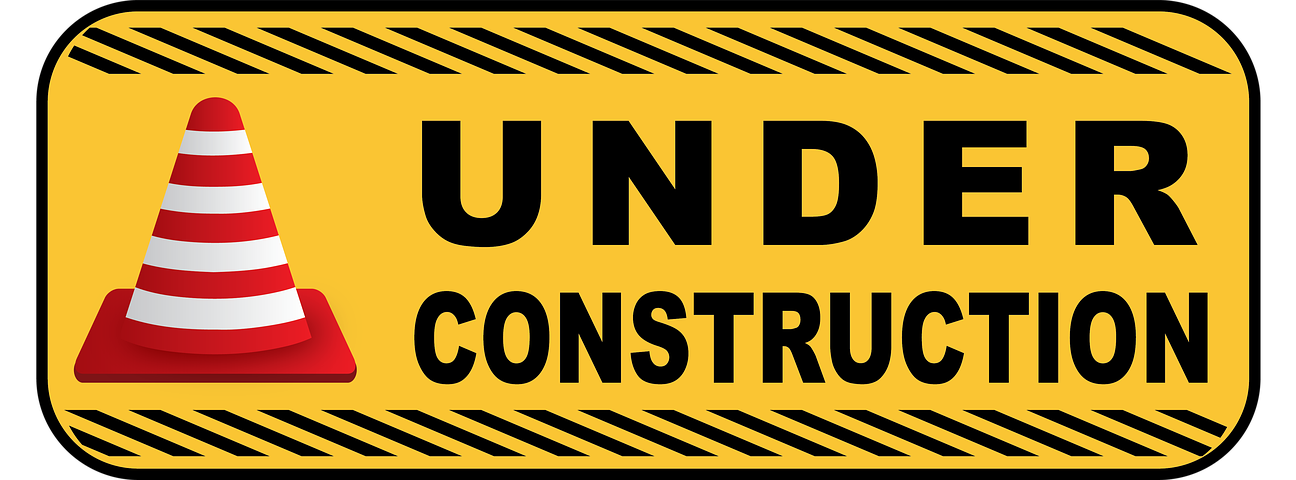Various Problem Domains
 Some parts of this page/site are currently incomplete & will be updated asap
Some parts of this page/site are currently incomplete & will be updated asap
Other parts will change continually so use “Refresh” in your browser !!
There is extensive use of “Tooltips” text to support learning which do
not seem to render on a Smartphone
Page Content = TBD 1
https://dictionary.cambridge.org/dictionary/english/problem
a situation, person, or thing that needs attention and needs to be dealt with or solved
https://dictionary.cambridge.org/dictionary/english/domain
Domain: an area of interest or an area over which a person has control
https://dictionary.cambridge.org/dictionary/english/boundary
a real or imagined line that marks the edge or limit of something
The “Five Ws”
”The Five Ws (sometimes referred to as Five Ws and How, 5W1H, or Six Ws) are questions whose answers are considered basic in information gathering or problem solving. They are often mentioned in journalism (cf. news style), research and police investigations. According to the principle of the Five Ws, a report can only be considered complete if it answers these questions starting with an interrogative word:”
- Who
- What
- When
- Where
- Why
- How
“Each question should have a factual answer - facts necessary to include for a report to be considered complete. Importantly, none of these questions can be answered with a simple “yes” or “no”“
“The Five Ws and How were long attributed to Hermagoras of Temnos. But in 2010, it was established that Aristotle’s Nicomachean Ethics are in fact the source of the elements of circumstance or Septem Circumstantiae. Thomas Aquinas had much earlier acknowledged Aristotle as the originator of the elements of circumstances, providing a detailed commentary on Aristotle’s system in his “Treatise on human acts” and specifically in part one of two Q7 “Of the Circumstances of Human Acts”. Thomas Aquinas examines the concept of Aristotle’s voluntary and involuntary action in his Summa Theologiae as well as a further set of questions about the elements of circumstance. Primarily he asks “Whether a circumstance is an accident of a human act” (Article 1), “Whether Theologians should take note of the circumstances of human acts?” (Article 2), “Whether the circumstances are properly set forth (in Aristotle’s) third book of Ethics” (Article 3) and “Whether the most important circumstances are ‘Why’ and ‘In What the act consists’?” (Article 4)” Sources: All Wikipedia
Other Problem Domains
TBD = “To be determined/developed” (in other words: “Work-in-Progress”) ↩